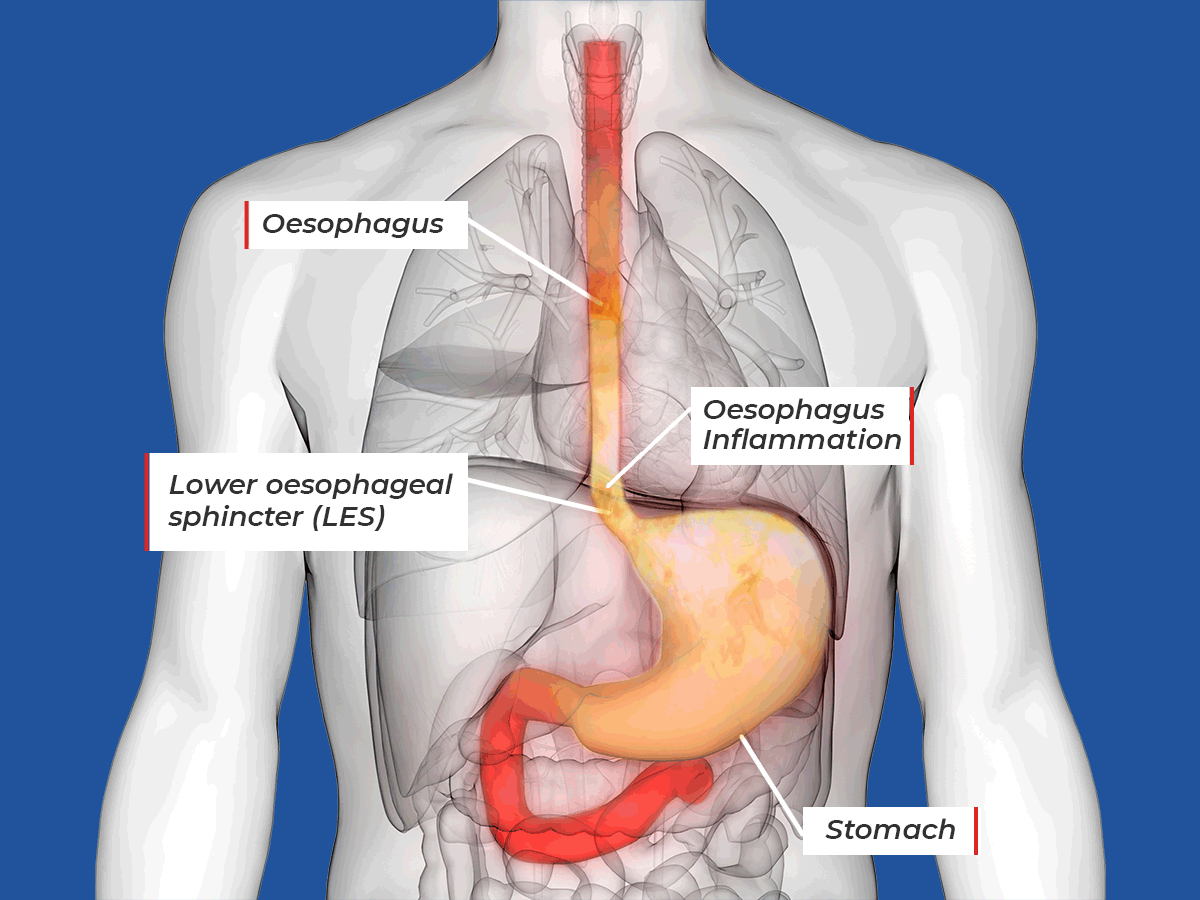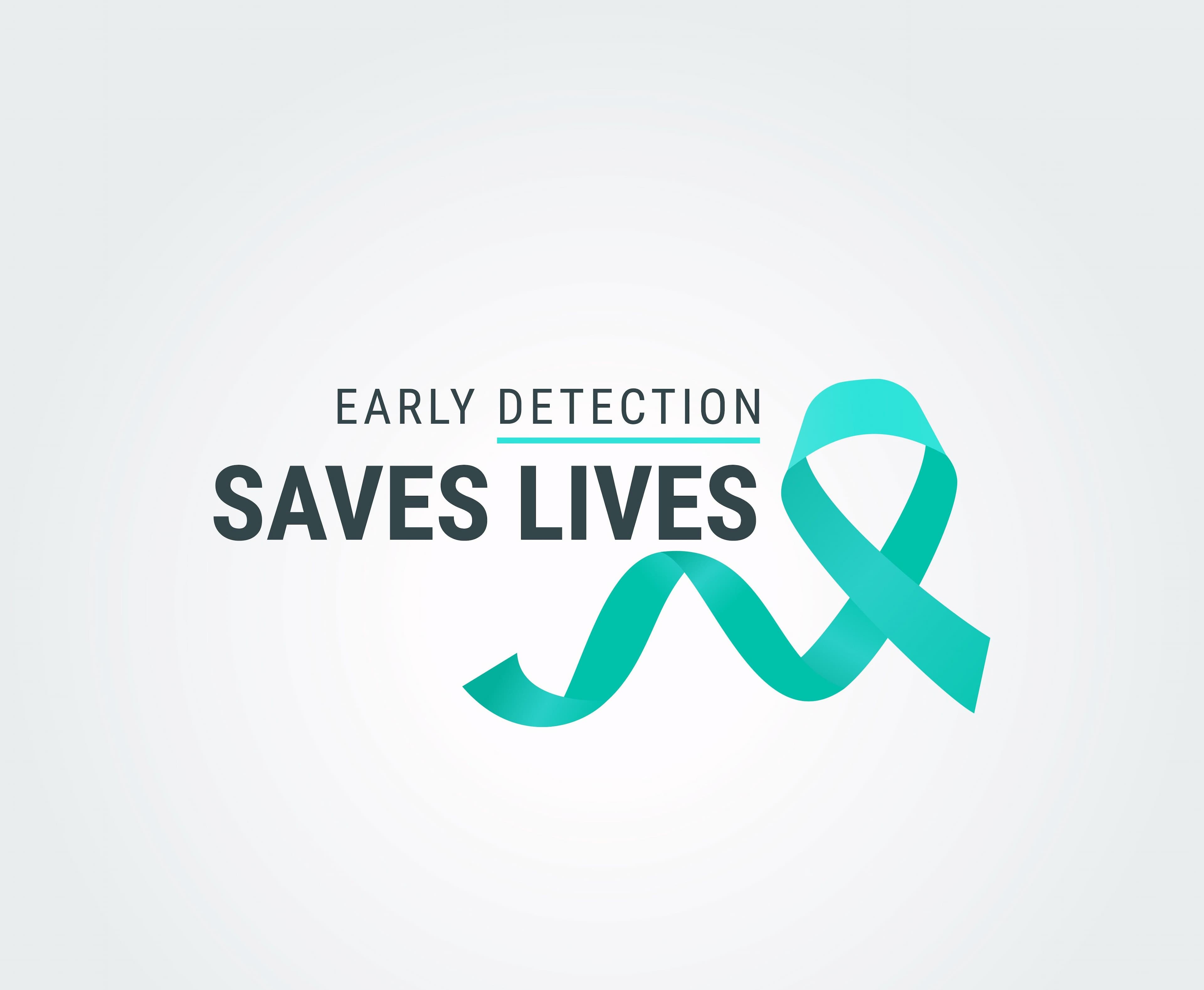
Acid reflux could mask a more serious health problem
Over a billion suffer from stomach acidity, watch what doctors in UAE say
Do you suffer from heartburn or acid reflux? If you do, you are not alone. More than one billion people in the world are living with gastric acid reflux.
Acid reflux patients are familiar with the feeling of a bloated stomach, constant burping, a burning sensation in the chest, searing pain below the breast stone, or sour fluid rising up the throat. These common symptoms may be absent in some people who suffer from heartburn.
Left untreated, acid reflux can lead to ulcers and scarring. Long-term damage changes the cells of the oesophagus lining, which increases the cancer risk.
My 20-year battle with acid reflux
Shyam A. Krishna, Senior Associate Editor
I have rushed to the Emergency four times in 20 years. A heart attack, I feared. But each time, it turned out to be a bad case of acid reflux. The symptoms of acid reflux and a heart attack are similar, hence my dash to the hospital.
Reflux and I have a long history. Poor eating habits in my youth explain my tryst with stomach acidity. In the last two decades, I have undergone endoscopy three times. H. Pylori was blamed for my troubles on one occasion.
My gastroenterologist calls it Irritable Bowel Syndrome. A bloated stomach, a persistent sore throat, and an ache under my ribs are the most common symptoms. I have learned to live with it.
Antacids are my favourite antidote, and my doctor has prescribed PPI (Proton Pump Inhibitor) tablets. I have tried various home remedies. Some worked for a while, but they were too cumbersome to continue, and I returned to seek solace in antacids.
I haven’t consciously made any lifestyle changes to tame acid reflux. My diet and fitness regimes tend to collapse all too often. I love fried foods and coffee. Chocolates too. None of them helps my acidity.
I haven’t given up. A new regimen to discipline my eating habits is in place. Need to resume my morning walks as well. My acid reflux has to be reined in before it becomes GERD (gastro-esophageal reflux disease).
How I battled acid reflux during Ramadan
Ashfaq Ahmed, Senior Assistant Editor
During Ramadan, I started to experience abdominal discomfort and acid reflux. I ignored it at first, thinking it was just my body's response to a changed eating timetable while fasting, but soon the symptoms got worse.
I had trouble sleeping, breathing became laboured at times, and a burning sensation persisted in my chest, especially at night or after eating. On one of those days, the discomfort in my chest was so severe that I was forced to consult a gastroenterologist. He ran some tests, but mercifully no abnormalities were found.
The doctor concluded that I most likely had GERD (gastro-esophageal reflux disease). He said GERD is a common occurrence during Ramadan due to the consumption of excessive amounts of fat-rich food after a long period of fasting. Inactivity and going to bed right after Suhoor make it worse.
I was put on medications for 14 days to decrease the amount of stomach acid. Usually, I am not keen on taking medications, but this time I was diligent and also started to take care of my diet.
I reduced my meal portions significantly and followed a low-fat, plant-based diet. It helped, and my symptoms gradually wore off. Towards the end of the holy month, I was healthy as ever.
How to beat acid reflux and lead a normal life
Around 30 per cent of people worldwide would have suffered from acid reflux at some point in their lives, experts say. Here’s a look at the disease, the symptoms, its causes, the treatments and how to manage it.
How does acid reflux occur?
Acid reflux occurs when acid from the stomach flows backwards into the oesophagus (the tube that connects the throat to the stomach). This is the result of a weak lower oesophageal sphincter (the valve between the stomach and the oesophagus). The sphincter’s job is to prevent the acid-laced food from returning to the oesophagus so that it travels down to the small intestine. That’s the normal route for food during digestion, but this process is impaired when the sphincter is weak, leading to acid reflux.
The stomach lining can withstand the corrosive effects of acid, but the oesophagus lining is not made to withstand acid. This causes irritation and can lead to ulcers and scarring. Typically, acid reflux episodes occur soon after a heavy meal or after drinking alcohol or coffee.
What is GORD or GERD?
When acid reflux happens twice or more times a week and affects the everyday activities of a person, it is called gastro-oesophageal reflux disease (GORD). It’s gastro-esophageal reflux disease (GERD) in North America (Note the oesophagus spelling). GORD or GERD, it’s the same, and the disease affects the daily functioning of a person.
According to Dr Ravi Arora, Specialist Internal Medicine, Diabetes and Endocrinology at NMC Specialty Hospital in Abu Dhabi, GERD is essentially a constellation of symptoms due to reflux of acidic contents of stomach into the oesophagus.
It can be a debilitating condition requiring lifelong medication or significant lifestyle changes. In severe cases, invasive procedures or surgery may be needed.
Upto 25-30 per cent of world’s population suffers from GERD at some point in their lives, Dr Ravi Arora says, adding that it is common in children and infants.
What are the common symptoms?
According to the Mayo Clinic in the United States, common signs and symptoms include a burning sensation in the chest, chest pain, difficulty swallowing, regurgitation of food or sour liquid, and feeling of a lump in the throat.
Other symptoms include chronic cough, laryngitis or sore throat, asthma or respiratory problems, tooth erosion, bad breath, and disrupted sleep. But, some GERD patients do not experience symptoms at all.
What are the worrying symptoms?
According to Abu Dhabi-based Dr Arora, some symptoms are worrying since they can be indications of severe GERD or some other health issue masquerading as GERD.
Weight loss, gastro-intestinal bleeding, anaemia, persistent vomiting, difficulty in swallowing and onset of GERD after age 60 are symptoms that may warrant an early endoscopy, the doctor says.
What are the contributing factors?
A weak lower oesophageal sphincter results in acid reflux, and several factors can weaken the sphincter. Some of them listed by Healthline are overeating, being overweight, pregnancy, smoking or exposure to secondhand smoke and hiatal hernia (part of the stomach protrudes into the diaphragm muscle),
Certain foods and beverages can also trigger reflux. Some common food triggers include fried or fatty foods, citrus, chocolate, coffee, carbonated drinks and alcohol.
Some medications like alpha-blockers, anti-inflammatories (aspirin, ibuprofen, etc.), sedatives and nitrates can also lead to GERD.
How’s acid reflux diagnosed?
Most GERD patients complain of a burning sensation in the chest. In this case, the diagnosis is easy, according to Dr Amal Premchandra Upadhyay, Consultant Gastroenterology and Hepatology at Aster Hospital in Mankhool, Dubai.
It’s tricky when patients have atypical symptoms like chest pain, breathing difficulty, presence of a foreign body sensation in the throat called Globus sensation, or dry cough. Some also experience a sore throat in the morning. In such cases, diagnosis is tougher as other problems had to be ruled out, he adds.
People with common symptoms respond well to medication and don’t require any further diagnosis, Dr Upadhyay says. But patients with atypical symptoms requires an endoscopy to diagnose GERD and ruling out other problems mimicking the symptoms. If the endoscopy results are normal, further investigations have to be carried out, he adds.
What are the treatments for acid reflux?
Over-the-counter medications offer relief, but reflux is a long-term condition and can always come back. So persistent efforts, including lifestyle and dietary modifications, are required, Dr Upadhyay says.
Reflux complications are rare, and most people can manage it with simple medications. If symptoms are severe, other treatments including a procedure may be needed, the doctor says.
How to manage acid reflux with Homeopathy?
When a patient presents with GERD symptoms, a homeopathic practitioner will consider all the problems, including GERD, before providing solutions to the whole body, says Dr Rosamma Sabu of Balsam Homeopathic Centre in Sharjah.
Each GERD patient is given a tailor-made remedy, considering risk factors such as obesity and delayed digestion and aggravating factors like smoking, late meals and medications, Dr Rosamma adds.
Whether it’s heartburn, night cough, or sour regurgitation, Homeopathy (also spelt Homoeopathy) has specific remedies. A person who regurgitates only at night and a coffee addict who gets heartburn on drinking coffee will be prescribed one of the 145 medicines that prevent the aggravation of heartburn. The choice of the medicine varies from person to person, depending on other factors. That means each person with heartburn will be treated differently, the homeopathy doctor explained.
GERD patients should also follow general health advice like maintaining a healthy weight, avoiding smoking and keeping the head elevated while sleeping.
How Ayurveda treats acid reflux and GERD
Ayurveda explains the physiology of the human body with the aid of three terminologies – Vata, Pitta and Kapha. Vata governs movements, Pitta handles transformations, and Kapha takes care of lubrication and regeneration.
During digestion, Vata regulates movements like chewing, swallowing, opening and closing the sphincter, emptying the stomach, bowel movements etc. Pitta relates to enzymatic changes like digestion by saliva and gastric enzymes. Kapha manages lubrication of food, regeneration of mucous membrane and protection of stomach lining.
When Vata, Pitta and Kapha are balanced, it results in healthy physiology, including healthy digestion. An imbalance of Vata, Pitta and Kapha leads to an imbalance in physiology, Dr V L Shyam, Medical Director, Dr Shyam’s Ayurveda Centre, UAE, says.
GERD is considered a Vata-Pitta imbalance. The imbalance of Vata is responsible for improper closure of the sphincter, delayed emptying of the stomach, and upward regurgitation of stomach acids. The imbalance of Pitta results in inflammatory changes in the oesophagus and stomach and sour belching. Therefore the Ayurveda treatment aims to restore the Vata-Pitta balance, the Dubai-based Ayurveda doctor says.
Ayurveda doctors call GERD as Urdhvaga Amlapitta or Pitta dominant Udavartha. The causes are incompatible food (milk with fish or sour fruits), suppression of hunger, thirst and bowel movements, over-eating, consumption of heavy foods, tinned and canned foods, and excess intake of sour drinks.
What are the long-term risks?
GERD isn’t life-threatening, and most GERD patients can easily be treated with medication. Some people require long-term medication. Surgical interventions are rarely needed, But left untreated, long-term GERD can result in serious health problems.
Here are some of the problems listed by the US-based Cleveland Clinic:
Oesophagitis: It occurs when the stomach acid causes irritation of the oesophagus lining. This can lead to ulcers, chest pain, bleeding and swallowing trouble.
Strictures: Scarring from acid exposure can narrow the oesophagus, which will prevent food and fluids from reaching the stomach.
Cancer: It can develop in the lower part of the oesophagus or in the cells of the oesophagus lining. This cancer usually affects the upper and middle parts of the oesophagus.
Barrett’s oesophagus: Long-term damage from acid reflux can change the cells of the oesophagus lining, resulting in Barrett’s oesophagus, which increases the cancer risk.
Lung problems: WebMD says a patient can develop asthma, bronchitis or pneumonia if acid goes from the throat to the lungs through aspiration.
How do we manage reflux?
Managing acid reflux requires long-term efforts. Lifestyle changes and dietary modifications are critical. Most importantly, patients must stop smoking, avoid drinking alcohol and stick to a proper diet, Dr Amal Premchandra Upadhyay, Consultant Gastroenterology and Hepatology at Aster Hospital in Mankhool, Dubai, says.
Chocolates, oily and spicy food can worsen the symptoms, so they should be consumed in moderate quantities. If the symptoms worsen, then these foods should be avoided completely. Large meals and going to bed immediately after meals should be avoided.
Patients are advised to stay upright for at least one hour or more before going to bed so that the stomach is virtually empty and does not cause reflux at night.
Medications like antacids and stomach acid suppressing drugs are effective in mild to moderate cases.
How to live with acid reflux and GERD
Dr Ravi Arora says a judicious mix of life-style measures and medications can help people suffering from acid reflux to live a normal. Some tweak to lifestyle and diets are enough.
Dr Arora’s tips to manage GERD are:
Regular exercise to avoid obesity
Eliminate caffeine, sodas, spicy foods, fried foods, peppermint, chocolate from the diet
Quit smoking and stop the consumption of alcohol
Avoid lying down immediately after meals
Sit upright or keep the head elevated while lying down
Reduce fluid intake before bedtime
A change for the better
All medical experts say a change in lifestyle and diet is an absolute necessity to manage acid reflux. While it is a debilitating condition, with discipline patients can improve their quality of life. A life without acid reflux is possible.







